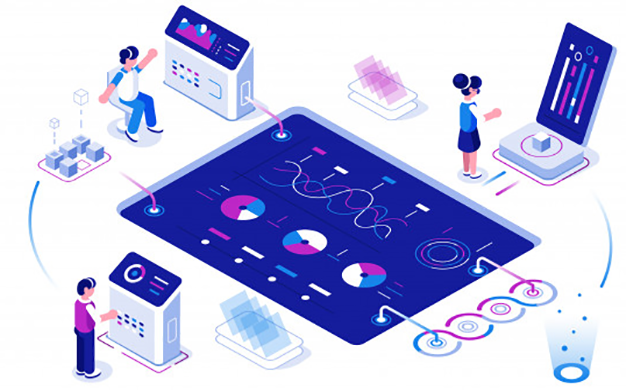

In modern management usage, the term data is increasingly replaced by information or even knowledge in a non-technical context. Thus data management has become information management or knowledge management. This trend obscures the raw data processing and renders interpretation implicit.
The distinction between data and derived value is illustrated by the information ladder. However, data has staged a comeback with the popularisation of the term big data, which refers to the collection and analyses of massive sets of data. Integrated data management (IDM) is a tools approach to help data management and improve performance.
IDM consists of an integrated, modular environment to manage enterprise application data, and optimize data-driven applications over its lifetime IDM's purpose is to: